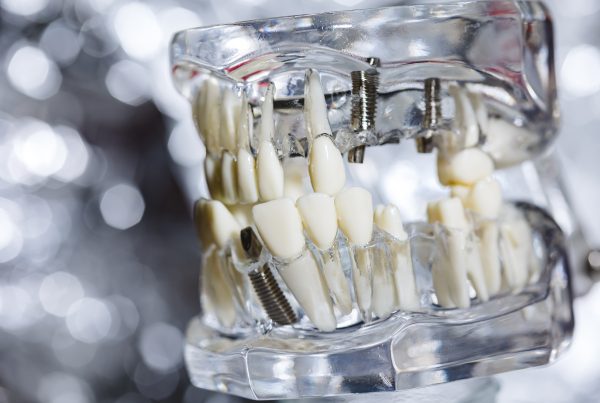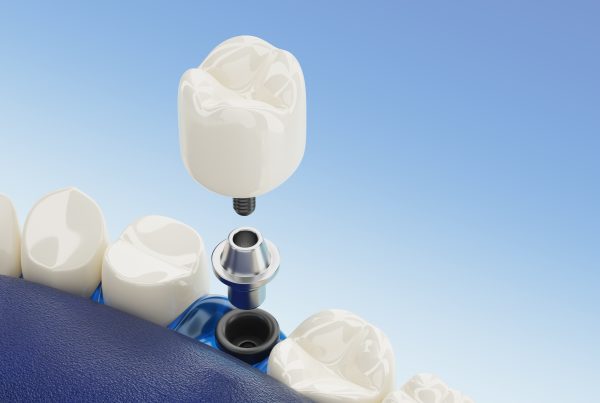Dental Implants Success Rate Explained
Dental implants have revolutionized the field of restorative dentistry, offering a reliable and long-lasting solution for replacing missing teeth. With advances in technology and techniques, the success rate of dental implants has significantly increased, making them a popular choice among patients and dental professionals alike. Modern dental implants boast a success rate of over 95%, due to factors such as improved materials, precise surgical methods, and comprehensive pre-treatment planning. This high success rate not only enhances oral function and aesthetics but also contributes to the overall well-being and confidence of patients.

What is the success rate of dental implants?
Dental implants have a remarkably high success rate, often cited to be over 95%. This impressive figure is attributed to advancements in dental technology, high-quality implant materials, and meticulous surgical techniques. The success rate can vary slightly based on individual factors such as the patient’s oral health, bone density, and adherence to post-operative care instructions. However, with proper assessment and planning by a skilled dental professional, dental implants can provide a durable and reliable solution for missing teeth, significantly enhancing both functionality and aesthetics.
How long do dental implants last?
Dental implants are designed to be a long-lasting solution for missing teeth, with many lasting 20 years or more. Their longevity depends on several factors, including the quality of the implant materials, the skill of the dental professional performing the procedure, and the patient’s oral hygiene practices. Proper care, such as regular brushing, flossing, and dental check-ups, can greatly extend the lifespan of dental implants. Additionally, avoiding habits that can damage teeth, like smoking or chewing hard objects, contributes to the longevity of the implants. With appropriate care and maintenance, dental implants can provide a permanent solution that mimics the look and function of natural teeth.
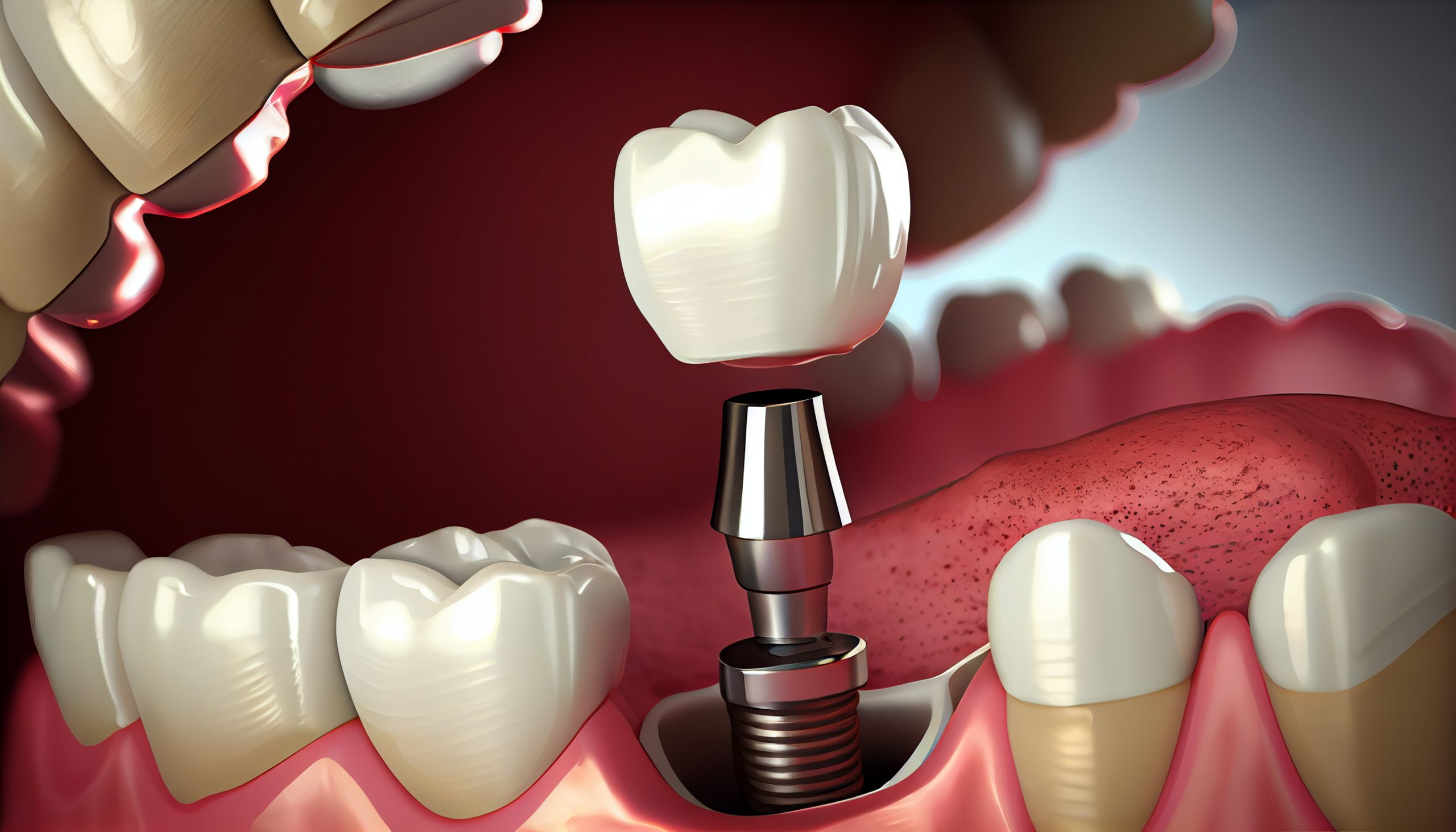

What factors affect the success rate of dental implants?
Several factors can affect the success rate of dental implants, ensuring they integrate properly and last for many years. Key factors include:
- Oral Health: Good oral hygiene and healthy gums are crucial for implant success. Gum disease or infections can compromise the stability of the implant.
- Bone Density and Quality: Adequate jawbone density is essential for supporting the implant. Patients with insufficient bone may require bone grafting before the implant procedure.
- Patient’s Health: Chronic conditions like diabetes, osteoporosis, and autoimmune diseases can impact healing and integration of the implant. Smoking can also significantly reduce success rates.
- Surgical Technique: The experience and skill of the dental professional performing the implant surgery play a vital role. Precise placement and proper surgical methods are critical for success.
- Post-Operative Care: Following the dentist’s instructions for care after the procedure, including taking prescribed medications and avoiding certain foods and activities, is essential for successful healing.
- Quality of Implant Materials: High-quality materials that are biocompatible with the patient’s body reduce the risk of rejection and improve the longevity of the implant.
- Patient’s Age: While dental implants are effective for adults of all ages, very young patients whose jawbones are still developing may not be ideal candidates.
By addressing these factors through thorough assessment and planning, dental professionals can significantly enhance the success rate of dental implants.
Are dental implants safe and effective?
Yes, dental implants are both safe and effective for replacing missing teeth. The procedure has been extensively researched and refined over the years, resulting in high success rates and long-term positive outcomes for patients. When performed by a skilled dental professional, dental implants have a success rate of over 95%, making them a reliable solution for tooth replacement.
Safety: Dental implants are made from biocompatible materials, typically titanium, which integrate well with the jawbone and are not rejected by the body. The surgical procedures involved are standard and have a low risk of complications when proper protocols are followed. Pre-surgical assessments and careful planning further ensure patient safety.
Effectiveness: Dental implants function like natural teeth, providing strong support for chewing and speaking. They help maintain jawbone density, preventing the bone loss that can occur with missing teeth. Implants also improve oral aesthetics, restoring a natural smile. With proper care, dental implants can last for decades, offering a durable and effective solution for tooth loss.
Overall, dental implants are a highly effective and safe option for those looking to restore their oral health and functionality.
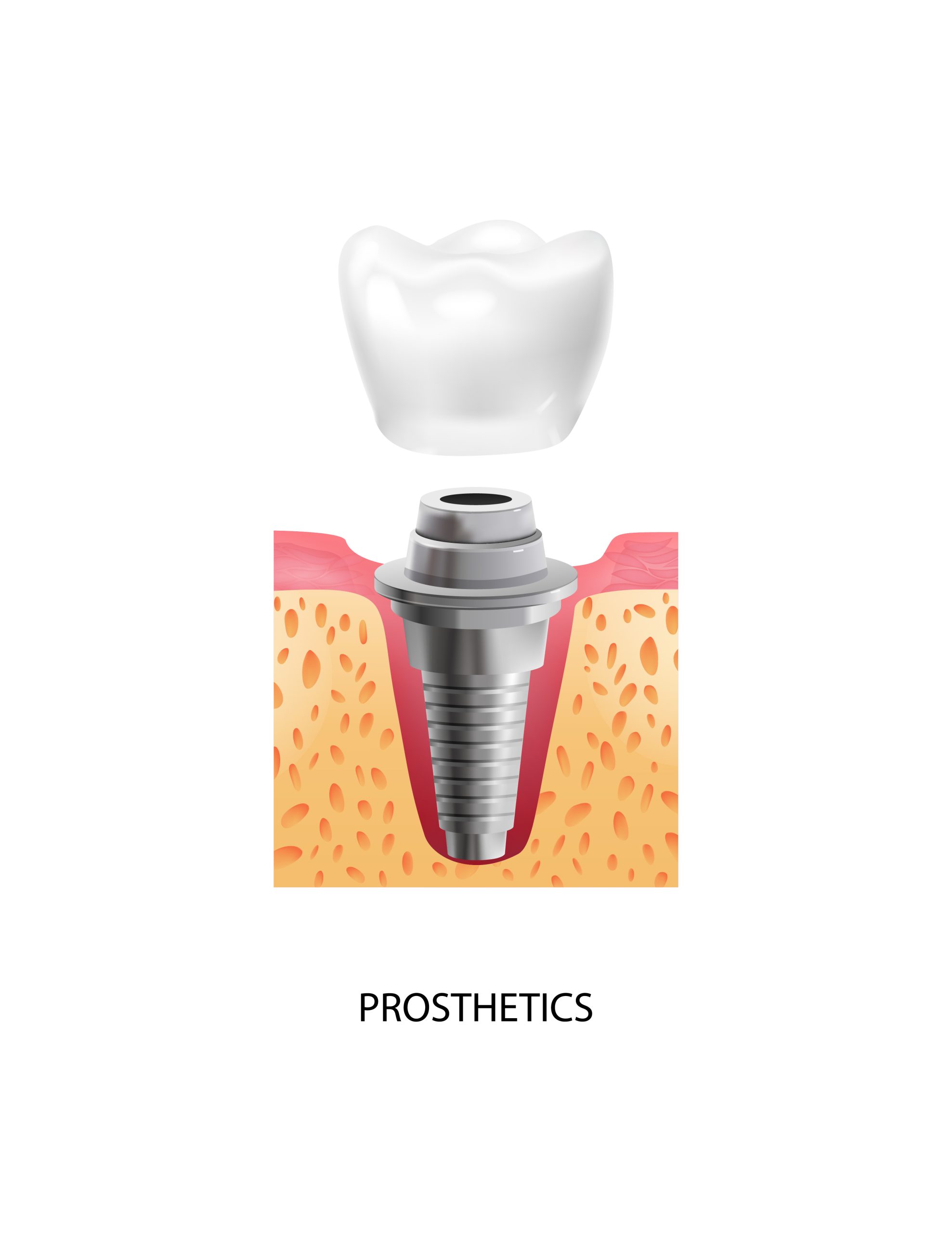
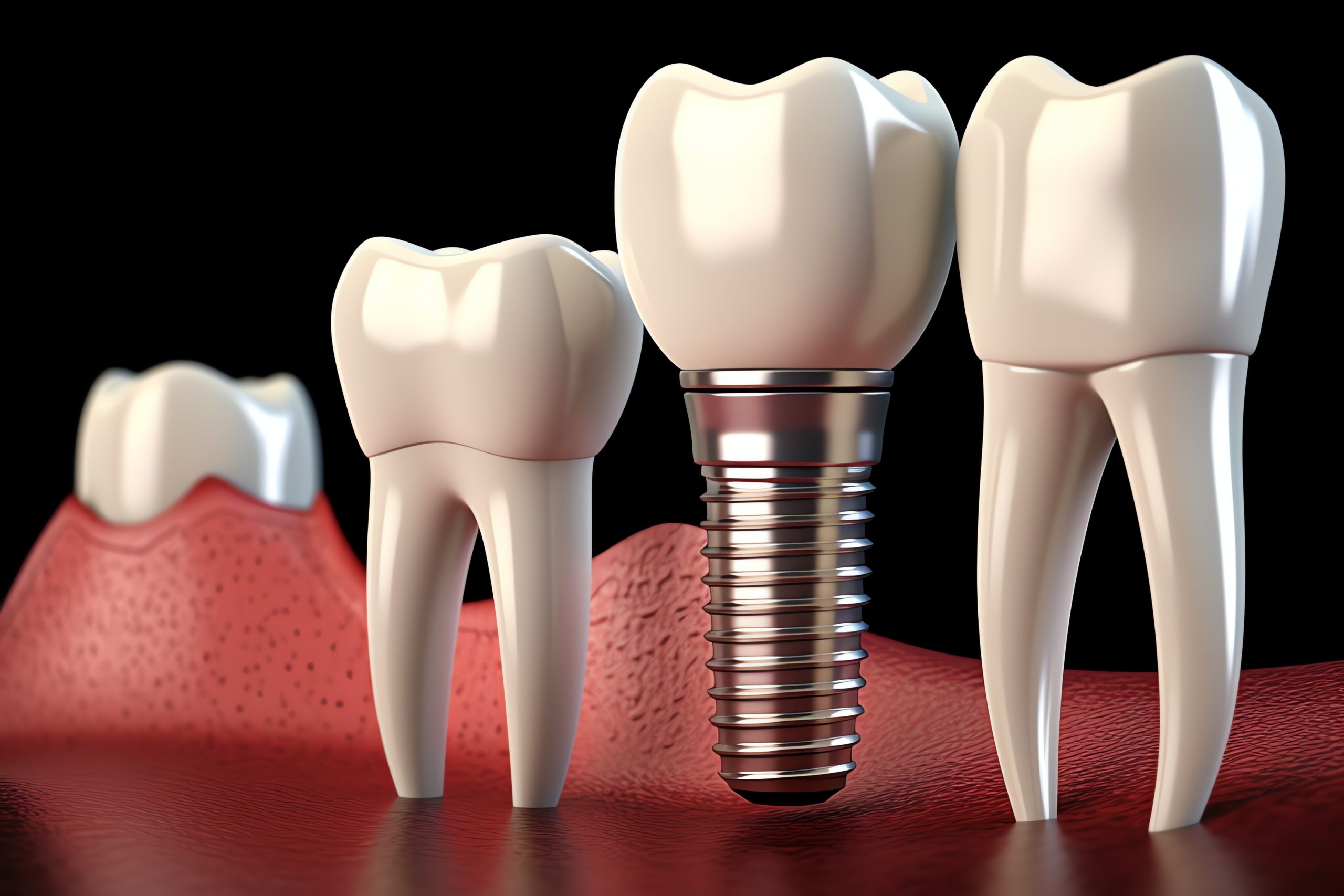
How can you improve the success rate of dental implants?
Improving the success rate of dental implants involves several key practices and considerations that span pre-operative, operative, and post-operative phases. Here are some essential strategies:
- Comprehensive Pre-Surgical Assessment: Conduct thorough evaluations, including dental imaging and medical history review, to identify potential risks such as insufficient bone density, underlying health conditions, or gum disease.
- Optimal Oral Hygiene: Encourage patients to maintain excellent oral hygiene before and after the procedure. This includes regular brushing, flossing, and professional cleanings to prevent infections and ensure healthy gums.
- Bone Grafting if Necessary: For patients with inadequate bone density, perform bone grafting procedures to create a solid foundation for the implant. This step is crucial for ensuring the implant can be securely placed.
- Choose High-Quality Materials: Use implants made from high-quality, biocompatible materials such as titanium, which have a proven track record of successful integration with the jawbone.
- Experienced Dental Professionals: Ensure that the implant procedure is performed by an experienced and skilled dental professional who is well-versed in the latest surgical techniques and technologies.
- Advanced Imaging and Planning: Utilize advanced imaging technologies such as 3D cone beam CT scans for precise planning and placement of the implants. Accurate positioning is crucial for avoiding complications and ensuring long-term stability.
- Patient Health Management: Address any chronic health conditions, such as diabetes, that could affect healing. Advise patients to quit smoking, as it significantly impairs the healing process and increases the risk of implant failure.
- Post-Operative Care: Provide clear and detailed post-operative care instructions, including guidelines on diet, oral hygiene, and activity restrictions. Ensure patients adhere to follow-up appointments to monitor healing and address any issues promptly.
- Patient Education: Educate patients about the importance of maintaining good oral hygiene and regular dental visits after the implant procedure. Informed patients are more likely to follow care instructions and report any problems early.
- Ongoing Monitoring and Maintenance: Schedule regular check-ups to monitor the condition of the implants and surrounding tissues. Professional cleanings and examinations help prevent complications and ensure the longevity of the implants.
By implementing these practices, dental professionals can significantly enhance the success rate of dental implants, providing patients with a reliable and long-lasting solution for tooth replacement.


